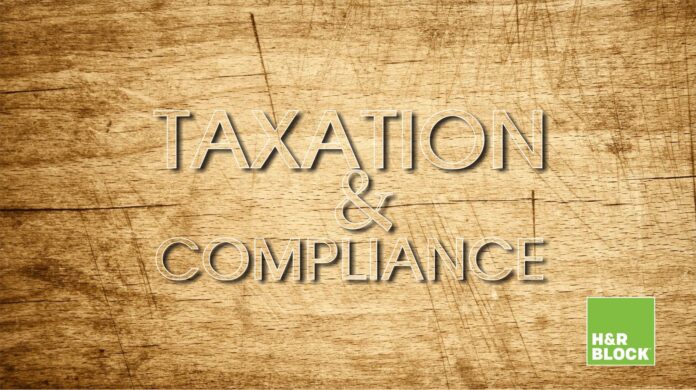
CA Ankita Mathur
Every business and startup’s major concern revolves around taxation and the ways to ensure that they don’t get stuck in assessment or scrutiny undertaken by the Department of Income Tax. Majority of the businessmen don’t possess a proper understanding regarding the books of accounts to be kept, and when to get them audited. This article aims at creating awareness about this matter.
Who should maintain books of accounts?
The maintenance of books of accounts can be classified as under:
 Books of Accounts vis-à-vis Specified Profession
Books of Accounts vis-à-vis Specified Profession
As per Section 44AA(1), persons carrying on below mentioned professions are mandatorily required to maintain books of accounts:
- Legal
- Medical
- Engineering
- Architectural
- Accountancy
- Technical Consultancy
- Interior Decoration;
- Any other profession notified by Board in Official Gazette
Books of Accounts vis-à-vis non-Specified Profession
Persons who are not covered above, but are carrying on a profession shall maintain books of accounts,if:
- Their income from profession is more than Rs 1,20,000 or
- Their gross receipts are more than Rs 10,00,000 in any of the three immediately preceding previous years
- A person who has opted for presumptive taxation scheme, but has declared income to be lower than the rate prescribed
- Assessee has opted for presumptive income under section 44AD(4) and income exceeds maximum amount not chargeable to tax
In case of start-ups, the person is required to maintain book of accounts if his income or gross receipt is likely to exceed the above amount.
If in the above case the person is an Individual or Hindu Undivided Family, the above limit of Rs 1,20,000 and Rs 10,00,000 is replaced by Rs 2,50,000 and Rs 25,00,000, respectively.
Books of Accounts vis-à-vis Business
Persons who are engaged in business shall maintain books of accounts if:
- Their income from business is more than Rs 1,20,000 or
- Their turnover is more than Rs 10,00,000 in any of the three immediately preceding previous years
- The person has opted for presumptive taxation scheme, but has declared income to be lower than the rate prescribed
- Assessee has opted for presumptive income under section 44AD(4) and income exceeds maximum amount not chargeable to tax
In case of start-ups, the person is required to maintain books of accounts if his income or turnover is likely to exceed the above mentioned amounts.
If in the above case the person is an Individual or Hindu Undivided Family, the above limit of Rs1,20,000 and Rs10,00,000 is replaced by Rs2,50,000 and Rs25,00,000 respectively.
Books to be Maintained
The above person shall maintain following books of accounts so as to help the assessing officer ascertain the income:
- Cash Book, showing day to day cash receipts and payments
- Journal, as per the mercantile system of accounting
- Ledger
- Photocopies of bills, where amount of bill exceeds Rs 25
- Original bill, where expenditure incurred is more than Rs 50
In case of a Medical Practitioner,the following books apart from those mentioned above need to be maintained:
- Daily cash register, showing number of patients, their details, services provided, fees and other details
- Details showing stock of drugs, medicines and other consumables
Place & Duration
The books should be kept at either head office or each office, and should be maintained for a period of six years from the end of the year.If the person does not maintain such books, a penalty of Rs 25,000 can be levied.
Applicability of Audit
- A person who is carrying on a business shall get his books of accounts audited, if the turnover exceeds Rs 1 crore in any previous year.
- A person carrying on a profession shall get his accounts audited, if the gross receipts are greater than Rs 50 lakh in any previous year.
- A person who has opted for presumptive taxation scheme, but has declared income to be lower than the rate prescribed, shall get his books of accounts audited.
The above persons shall get their accounts audited by a practicing chartered accountant and file the tax audit report by 30th September of the assessment year.
Hence proper maintenance of books of accounts, and getting them audited if required, helps the Income tax officer making assessment compute the income liable to tax, and ensures full disclosure and avoids chances of attracting any penalty or scrutiny.
CA Ankita Mathur (business services-H&R Block India Private Limited), author of this article, can be reached for assistance regarding GST compliant invoicing at ankita.mathur@hrblock.in.

